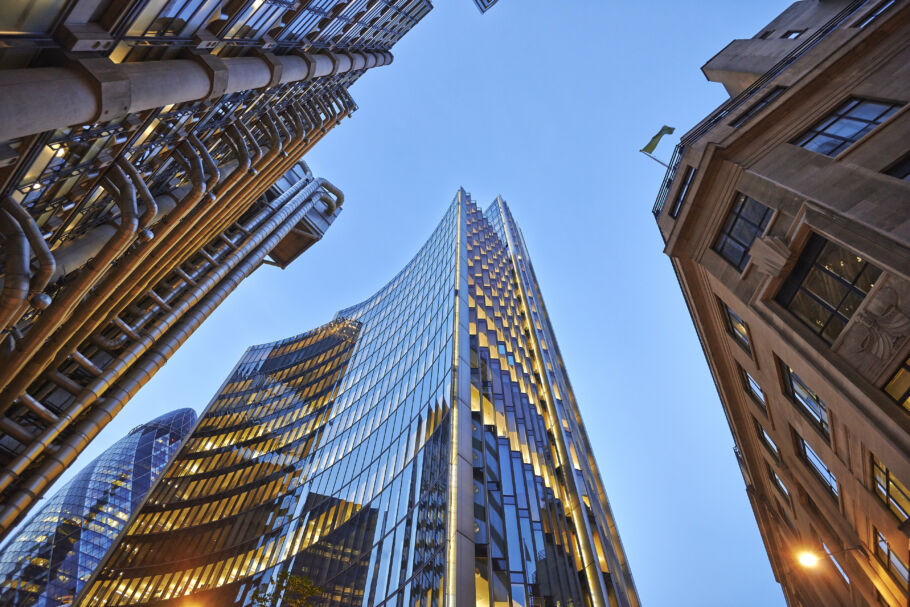Contributors: Alison Rochester
Date published: 5 July 2017
Extension of sanctions on Russia
Last week the EU Council renewed the economic sanctions against Russia for another six months. They are now to be in place until 21 January 2018. The sanctions by the EU were originally imposed on 31 July 2014 in response to the annexation of Crimea by Russia, an action which the EU Council said destabilised Ukraine’s political situation.
In 2015, the EU Council decided that the sanctions would be lifted once Russia complied with their requirements under the Minsk Agreements. The Minsk Agreements offer detailed action points to resolve the conflict in Ukraine, for example immediate ceasefire by the signing parties and withdrawing heavy weapons from the front lines. Russia has failed so far to fully implement these requirements.
The sanctions imposed by the EU are concentrated on Russia’s energy, technology and finance sectors. They include:
- A prohibition on EU companies from lending or borrowing money from Russia’s five main banks for more than 30 days;
- Limiting access to the EU’s primary and secondary markets for a number of major finance institutions, energy and defence companies in Russia and their subsidiaries outside the EU; and
- Restricting the export or sale to Russia of specific services and technologies. EU companies must get prior authorisation from a competent authority of each EU Member State for the “sale, supply, transfer or export” of specific equipment or technology to Russian entities. Authorisation will be refused if it is determined that the sale, supply, transfer or export is for deep water oil exploration and production or shale projects in Russia. This restriction also applies to third countries if they are supplied such equipment and technology for use in Russia.
In response to the renewal of these sanctions Russia has extended its counter sanctions against the EU, which were first imposed in 2014. The sanctions prohibit countries in the EU from exporting most agricultural produce, raw materials and foodstuffs to Russia, including a ban on fruit, vegetables, meat fish, and dairy exports. This reduced competition from EU countries has allowed Russia’s agricultural sector to grow.
Companies in the UK should be aware of the trading restrictions and sanctions imposed in the jurisdictions in which they conduct business. These circumstances can affect the extent to which companies can undertake business in certain jurisdictions.
If you have any queries about these trading sanctions may affect your organisation, please contact a member of our Trade and Commerce team or your usual Shepherd and Wedderburn contact.
Contributors:
Alison Rochester
Partner
To find out more contact us here
Expertise: Regulatory Monitoring and Compliance, Risk and Regulation
















